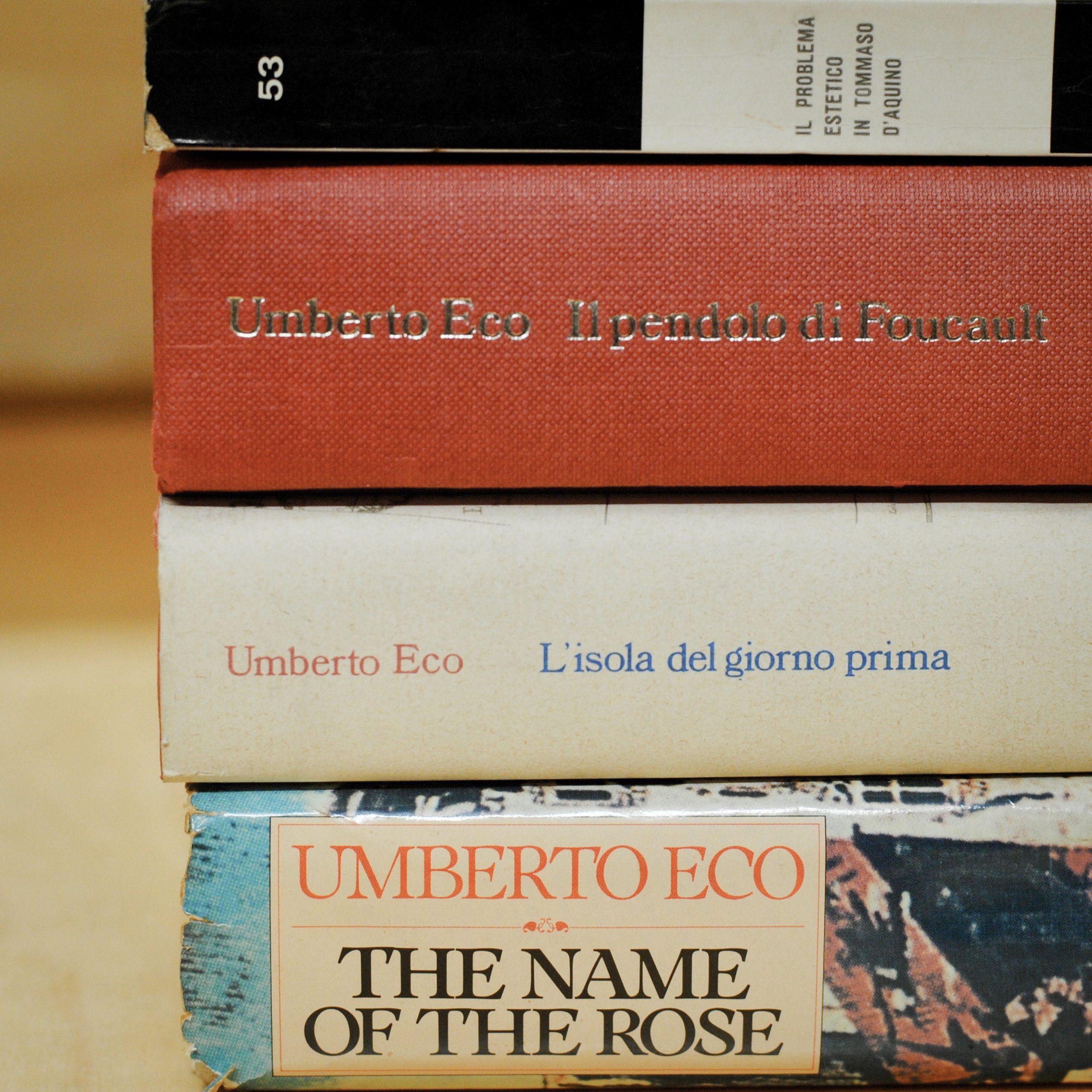The Comprehensive Guide to IB English A Literature
Introduction
Welcome to the comprehensive guide to IB English A Literature! The International Baccalaureate (IB) English A Literature course is a challenging and rewarding program that explores a wide range of literary texts from different periods, genres, and cultures. In this guide, we will provide you with an overview of the course, its components, assessment criteria, and tips to excel in the course and succeed on the IB exam.
Overview of IB English A Literature
The IB English A Literature course is designed to deepen students' understanding and appreciation of literature. Students engage with a wide range of texts, including poetry, drama, and prose, from different cultures and time periods. The course encourages students to explore the power of language, the role of literature in society, and the various ways in which texts can be interpreted and analyzed.
Course Components
The IB English A Literature course consists of three main components:
-
Literary Works: Students study a selection of literary works, including novels, plays, and poetry. They analyze the themes, characters, and literary techniques employed by the authors. Students also consider the historical and cultural contexts of the texts, exploring how these contexts shape the meaning and interpretation of the works.
-
Literary Genres: Students examine different literary genres, such as tragedy, comedy, and satire. They explore the conventions and features of each genre, and how these influence the way meaning is conveyed. Students also consider how authors adapt and challenge these conventions to create unique literary experiences.
-
Literary Analysis: Students develop skills in literary analysis, including close reading, interpretation, and critical evaluation of texts. They learn to identify and analyze literary devices, such as imagery, symbolism, and figurative language. Students also consider the social, historical, and cultural implications of the texts, and how these relate to broader human experiences.
Assessment Criteria
The IB English A Literature course is assessed using the following criteria:
-
Knowledge and Understanding: Students demonstrate a deep understanding of the texts studied, including their themes, context, and literary techniques. They show an appreciation for the complexities and nuances of the works, and how these contribute to the overall meaning.
-
Analysis and Evaluation: Students analyze and evaluate the texts, demonstrating their ability to identify and explain literary devices, interpret meaning, and support their interpretations with evidence from the texts. They consider the effectiveness of the texts in conveying their intended messages and engage in critical discussions about the works.
-
Language and Expression: Students demonstrate effective communication skills, both in writing and in oral presentations. They use appropriate language and style to convey their ideas and arguments, and employ a range of literary terminology to support their analysis. Students also show an awareness of audience and purpose in their communication.
Literary Analysis
Literary analysis is a crucial aspect of the IB English A Literature course. Here are some key elements to consider when analyzing literary texts:
-
Theme: Identify the main themes explored in the text and analyze how they are developed and conveyed. Consider how the author's choices of plot, characters, and language contribute to the exploration of these themes.
-
Characterization: Examine the characters in the text, their traits, motivations, and relationships. Analyze how the author develops and presents the characters, and how they contribute to the overall meaning of the work.
-
Narrative Techniques: Explore the narrative techniques employed by the author, such as point of view, structure, and symbolism. Consider how these techniques shape the reader's understanding of the text and contribute to its overall impact.
-
Language and Style: Analyze the author's use of language, including literary devices, imagery, and figurative language. Examine the author's style and its impact on the reader's experience of the text.
-
Contextual Analysis: Consider the historical, social, and cultural contexts in which the text was produced. Analyze how these contexts influence the themes, characters, and messages of the work.
Developing Language and Communication Skills
The IB English A Literature course aims to develop students' language and communication skills. Here are some strategies to enhance these skills:
-
Reading: Read widely and critically. Engage with a variety of literary texts from different time periods, cultures, and genres. Take notes, annotate the texts, and reflect on your interpretations and responses.
-
Writing: Practice writing analytical essays, responses to literature, and creative pieces. Develop your ability to express your ideas clearly and effectively, using appropriate evidence and examples from the texts.
-
Oral Communication: Engage in class discussions, group activities, and presentations. Practice articulating your ideas, listening to others' perspectives, and engaging in thoughtful and respectful conversations about literature.
-
Vocabulary and Terminology: Expand your vocabulary and develop a strong command of literary terminology. This will enable you to express your ideas precisely and accurately when analyzing and discussing texts.
Preparing for the IB Exam
To prepare for the IB English A Literature exam, consider the following strategies:
-
Review Past Exams: Familiarize yourself with the format, structure, and types of questions in past IB exams. Practice answering these questions within the time constraints to build your confidence and improve your exam performance.
-
Analyze Sample Essays: Study sample essays that demonstrate effective analysis, organization, and use of evidence. Pay attention to the structure, language use, and integration of textual references.
-
Develop Time Management Skills: Practice managing your time effectively during exams and assignments. Allocate appropriate time for reading, planning, writing, and revising to ensure that you can complete tasks within the given time frame.
-
Seek Feedback: Share your written assignments and practice essays with your teacher or peers. Seek constructive feedback to identify areas for improvement and refine your analytical and writing skills.
Tips for Success
Here are some additional tips to excel in the IB English A Literature course:
-
Read Actively: Engage in active reading by taking notes, annotating the texts, and highlighting key passages. This will help you remember important details and ideas when analyzing and discussing the texts.
-
Engage in Discussions: Participate actively in class discussions and group activities. Listen to different perspectives, ask questions, and contribute thoughtfully to the conversation. Engaging in dialogue with others will enhance your understanding and analysis of the texts.
-
Seek Additional Resources: Explore additional resources, such as literary criticism, online databases, and academic articles, to deepen your understanding of the texts and their contexts. These resources can provide valuable insights and support for your analysis.
-
Manage Your Time: Develop effective time management skills to balance your coursework, reading assignments, and exam preparation. Create a study schedule and stick to it to ensure that you cover all the necessary material.
-
Embrace Revision: Allow time for revision and editing of your written assignments. Review your work for clarity, coherence, and effective use of evidence. Seek feedback from your teacher or peers to further refine your analysis and writing.
FAQs
-
What texts will I study in the IB English A Literature course? The texts studied in the course may vary depending on the school and teacher. The IB provides a list of recommended texts, but teachers often have flexibility in selecting additional texts based on their students' interests and cultural contexts.
-
Do I need to be a native English speaker to excel in the course? No, the course is designed for both native and non-native English speakers. The focus is on developing critical reading, analysis, and writing skills, regardless of your language background.
-
How can I improve my essay writing skills for the IB English A Literature course? Practice is key to improving your essay writing skills. Develop a clear thesis statement, support your arguments with evidence from the texts, and structure your essay with an introduction, body paragraphs, and a conclusion. Seek feedback from your teacher or peers to enhance your writing style and analytical approach.
Conclusion
The IB English A Literature course offers an exciting journey into the world of literature, where you can explore diverse texts, engage in meaningful discussions, and develop your analytical and communication skills. By actively reading, analyzing texts, and practicing effective writing, you can excel in the course and succeed on the IB exam. Remember to seek support from your teachers, engage in class discussions, and embrace the joy of literary exploration.

 By
By


